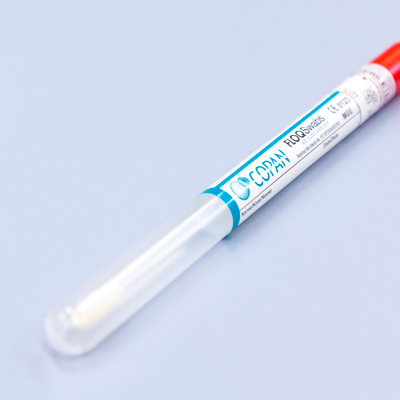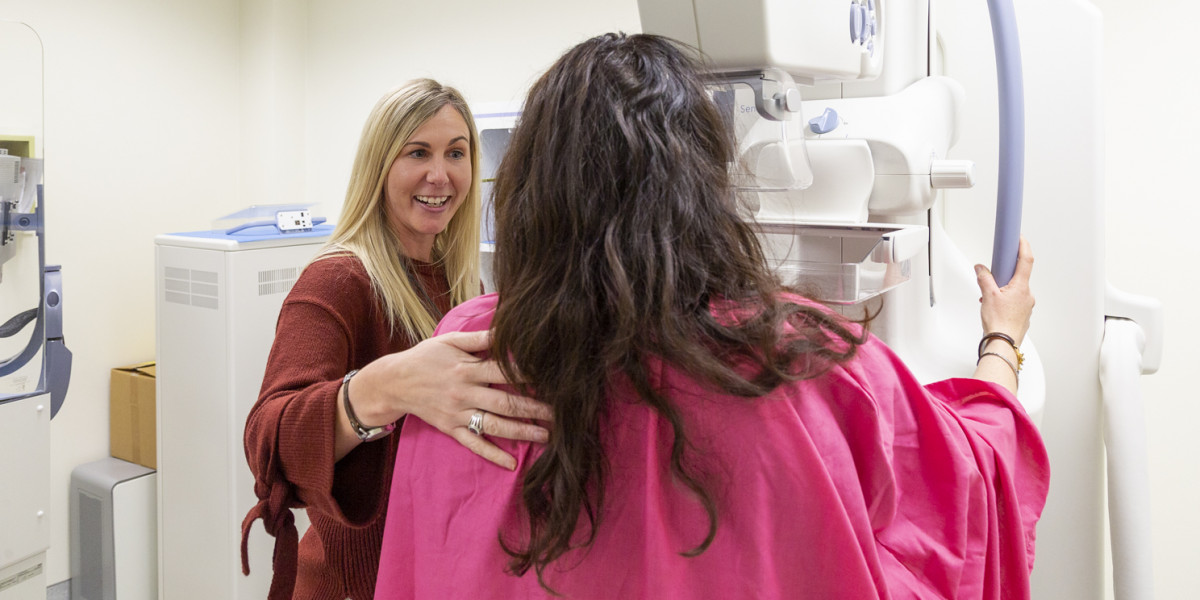Getting screening tests regularly may find breast, cervical, and bowel cancers early when treatment is likely to work best.
But we must offer equitable programmes that keep ahead of advances in screening.
Lower the age for bowel screening to 50 years
The Bowel screening programme is currently being rolled out across Aotearoa New Zealand for people aged between 60-74 years. Comparative countries such as Canada, UK and Australia all begin bowel screening 10 years earlier, at age 50 - an age when the risk of bowel cancer begins to rise steeply.
Priority should be given to Māori and Pacific peoples because a higher proportion of cases are diagnosed in younger age groups.
We are urging the Government to commit to a date for lowering the starting age for screening to 50 years old. Bowel screening from 50 years old will ensure we have the best programme possible.
Introduce HPV screening to replace the current cervical cytology programme


